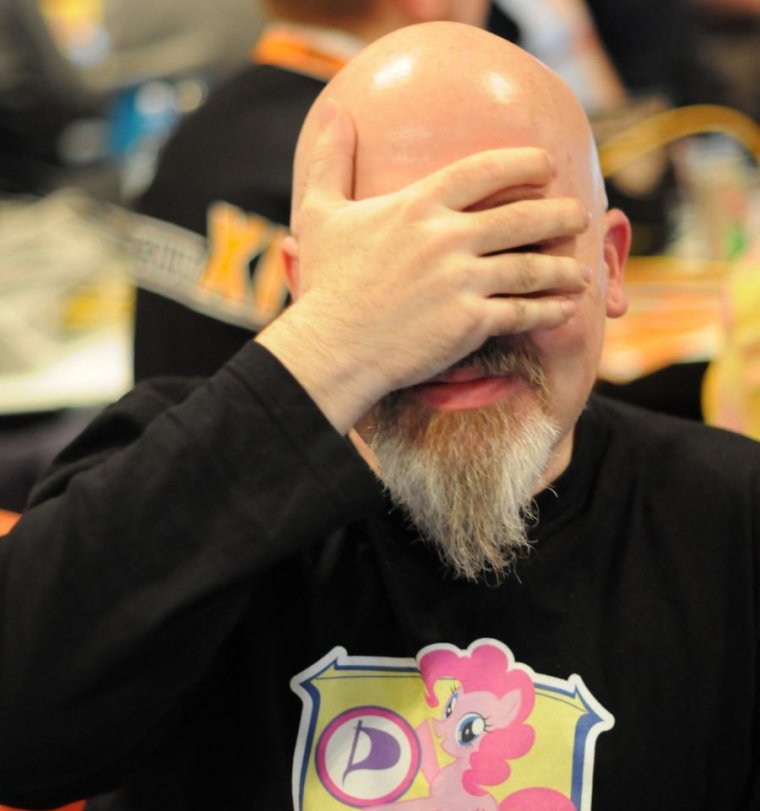May 23, 2018 at 12:12PM
via Ars Technica

In Arizona, the state's Superintendent of Public Instruction has led a campaign to remove evolution from the state's science education standards. Diane Douglas has taken the standards, written by educators, and selectively replaced instances of the word "evolution" with euphemisms like "change over time." The alterations come less than a year after Douglas publicly advocated for introducing religious ideas into biology classrooms. Arizona residents still have roughly a week to submit comments on the changes.
Edited standards
Most states develop educational standards that define their expectations for what students should know at different stages of their time in school. These standards then govern things from the mass purchase of textbooks to the design of instructional plans by individual teachers. For large states like California and Texas, the decisions involved in the formation of educational standards can dictate the structure of textbooks that are released nationwide, as publishers try to develop one book that they can sell everywhere.
Arizona doesn't have this level of influence, but it has over a million students enrolled. The science standards would govern both the textbooks that could be available to them, how they'll be instructed, and the content of any standardized testing they receive.
The new standards were developed by a team of over 30 educators, after which they were submitted to the state Department of Education. And that's where things started to go wrong. According to some of the teachers that wrote these standards, the state normally edits for clarity and grammar and makes changes to document formatting. The changes that were put in place this time were far more substantial.
For example, the original standards instructed students to "Gather and communicate evidence on how the process of natural selection provides an explanation of how new species can evolve." That was changed to providing evidence on "the processes by which a species may change over time in response to environmental conditions." Instead of being expected to "Obtain, evaluate, and communicate evidence that describes how inherited traits in a population can lead to evolution," students are now asked to discuss how they can lead to "biological diversity." Similarly, the instruction to "Gather, evaluate, and communicate multiple lines of empirical evidence to explain the mechanisms of biological evolution" was altered to mechanisms of "change in genetic composition of a population over successive generations."
Evolution wasn't gone entirely; in any cases where it remained, the references were changed so that it was discussed as the "theory of evolution." Even though evolution is both a fact and a theory, this language is often favored by those who hope the public views "theory" as taking its common meaning as conjecture, rather than its scientific meaning as a well-supported and validated explanation for observations.
Evolution wasn't alone. The standards' lone reference to the Big Bang was also altered, from "Analyze, interpret, and critique supporting evidence for the Big Bang theory and the scale of the Universe" to focus on evidence for "theories related to the scale and expansion of the Universe."
Who did this?
The changes were enough to cause the Department of Education's director of K-12 science education to resign.
Multiple press reports have indicated that Superintendent Diane Douglas was responsible for the changes. She's certainly defended them. "Evolution is a theory in many ways," Douglas told reporters. "And that's what our children should understand, that while there are parts and pieces of it that are, we can I think agree, are proven science, there are other areas of it that are very theoretical, and if we're going to educate our children instead of just indoctrinate them to one way of thinking, we have to be able to allow them to explore all types of areas."
However, it's not clear that Douglas understands what a scientific theory is. "You know, once upon a time people said the Earth was flat and it couldn't possibly be round," the same interview quotes her as saying. "You know? I don't know." A local TV station also received audio of Douglas speaking at a Republican candidates' forum, where she said "Should the theory of intelligent design be taught along with the theory of evolution? Absolutely."
Historians and the US court system have determined that intelligent design is not a scientific theory but a strategy used by biblical creationists who would like to insert their ideas into the science classroom. In her more recent interview, Douglas said she didn't follow through on that: "We have absolutely nothing in these standards in reference to intelligent design or creationism or whatever anybody else wants to call it." But limiting discussion of evolution and removing references to its factual nature accomplishes some of the goals of the people who have promoted intelligent design.
There is a week left in the public comment period for the proposed standards. Citizens residing in Arizona have the opportunity to let Douglas know how they feel about the alterations, though it's not clear she'll be interested in listening.